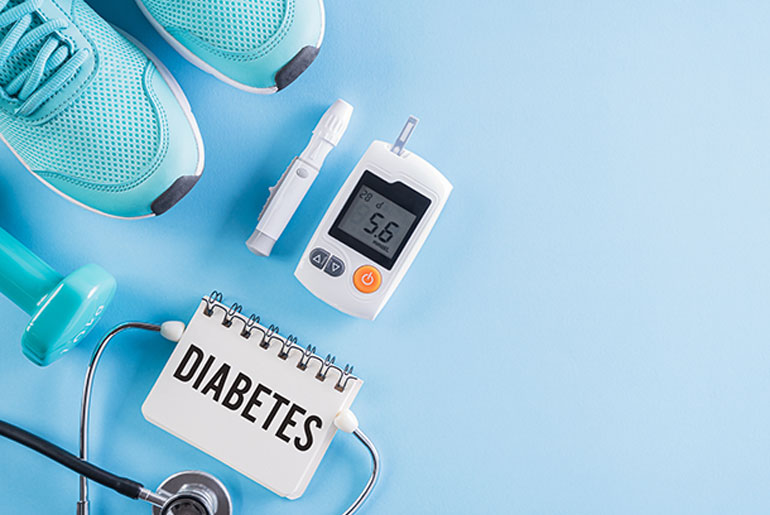In recent decades, there has been a concerning shift in the prevalence of type 2 diabetes, once rare among young individuals but now increasingly common. This change can be attributed to the widespread adoption of sedentary lifestyles and the soaring consumption of junk food. Notably, physical inactivity has emerged as a critical factor driving the obesity and diabetes epidemic, particularly among younger people. Alarming trends reveal a decline in physical activity levels among children aged 9 to 15, heightening their risk of metabolic disorders. To counteract this concerning trend, promoting a healthy lifestyle encompassing a balanced diet, regular exercise, and adequate sleep has become imperative in preventing diabetes at a young age.
Here are some additional points and considerations that can further enhance diabetes prevention efforts:
1. Family History:
Know your family’s medical history. If you have a family history of diabetes, you may be at a higher risk, so it’s essential to be extra vigilant with your lifestyle choices.
2. Consult a Healthcare Professional:
Regularly consult with a healthcare professional, such as a primary care physician or a registered dietitian, to create a personalized plan tailored to your specific needs and risk factors.
3. Medication if Necessary:
For individuals with prediabetes or at high risk, your healthcare provider may recommend medications like metformin to help lower your risk of developing diabetes. Always follow your doctor’s advice regarding medication.
4. Community Support:
Join support groups or programs in your community that focus on healthy living and diabetes prevention. These groups can provide motivation, guidance, and a sense of community.
5. Behavioral Change:
Understand the psychology of behavior change. Changing habits can be challenging, so it’s essential to set realistic goals, track your progress, and seek support when needed.
6. Meal Planning:
Learn about carbohydrate counting and glycemic index to better manage your carbohydrate intake. A registered dietitian can help you create a meal plan that suits your needs and preferences.
7. Social Support:
Involve your friends and family in your efforts to prevent diabetes. Having a supportive social network can make it easier to stick to a healthy lifestyle.
8. Regular Blood Sugar Monitoring:
If you are at high risk, consider monitoring your blood sugar levels regularly. This can help you track your progress and make necessary adjustments to your lifestyle.
9. Travel and Special Occasions:
Be mindful of your lifestyle choices, even when you’re traveling or during special occasions. Planning ahead can help you make healthier choices.
10. Aging and Hormonal Changes:
As you age, your risk of diabetes may increase. Be aware of hormonal changes and metabolic shifts that can affect your blood sugar levels and adapt your lifestyle accordingly.
Remember that diabetes prevention is a lifelong journey. It’s not just about avoiding the condition but also about maintaining a healthy and fulfilling life. Regularly reassess your habits and make adjustments as needed to ensure you stay on the path to good health and well-being.
Disclaimer:
The information contained in this article is for educational and informational purposes only and is not intended as a health advice. We would ask you to consult a qualified professional or medical expert to gain additional knowledge before you choose to consume any product or perform any exercise.








